The €10m straw incorporation scheme is dividing opinion among those affected.
While tillage farmers are welcoming the scheme, livestock farmers, mushroom growers and compost manufacturers and farm contractors are all predicting negative effects for their sectors.
While the details of the scheme have yet to be finalised, its shape is becoming clear. Firstly, as reported last week, farmers will receive €250/ha to chop and incorporate their straw. Farmers will apply by nominating plots of land containing cereal crops for the scheme as part of their BPS application.
Application must be on a whole-plot basis, but farmers who wish to chop part of a field, for instance the headlands, can do so by sub-dividing an existing plot.
This facility has existed back to the set-aside days of the 1990s, and currently exists where farmers split a parcel between two different crops. There will be significant flexibility in the scheme, with current thinking that farmers will be allowed to withdraw a parcel from the scheme at any point prior to harvesting the crop without penalty.
Currently, only wheat, barley and oats crops are eligible for the scheme, but the IFA is pushing for oilseed rape to be included. If it is included, it could be at a lower rate of payment than cereal straw.
Bobby Miller, Irish Grain Growers chair
“We raised the possibility of such a scheme two years ago, and welcome this initiative. It’s in the best interests of the sector that the scheme is fully subscribed, we would encourage our members to apply.
“We understand there will be flexibility for farmers to withdraw from the scheme, and are calling for that to be borne out in the terms and conditions. Our response to criticism from livestock farmers is that schemes that incentivised farmers to replace straw housing with slats negatively affected straw price, but there were no complaints from us. This scheme will help reduce overall emissions from Irish farming, which will help all sectors, not just tillage.”
Mark Browne, IFA grain chair
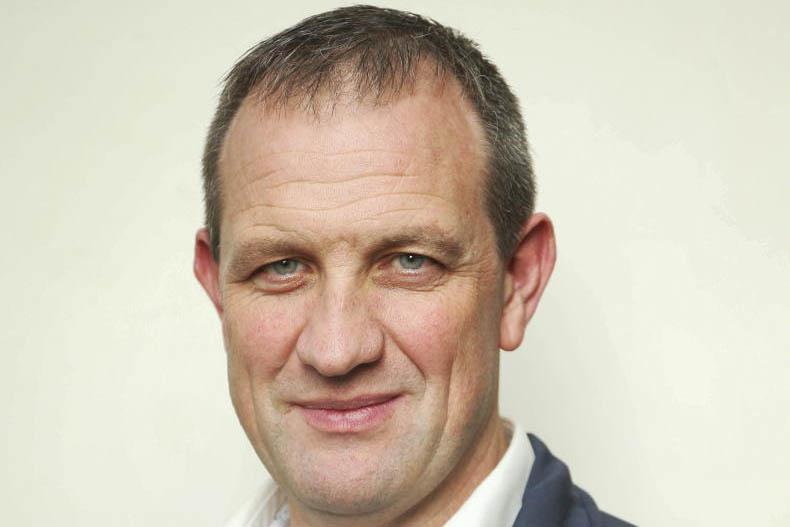
“This scheme is a boost to the tillage sector, which has been losing acreage and farmers as we struggle to maintain margins. The simplicity of the scheme is to be welcomed, and the commitment to make it as flexible as possible is also a plus point.
“We are aware of concerns, particularly from the mushroom composting sector, around straw availability. We want oilseed rape (OSR) straw to be included in the scheme. OSR straw offers significant value to soil when incorporated, and its inclusion would, we believe, be a good fit for the aims of the scheme. OSR and oaten straw could comprise 70% of the acreage in the scheme if included.”
Gerry Reilly, IFA mushroom chair

“We are very concerned. We are price takers, and this will drive straw and compost prices up. Mushroom composting accounts for about 20% of Irish straw usage. Only wheaten straw is suitable for composting, and wheat acreage has fallen over the last decade, putting pressure on availability and price in some recent harvests. Mushroom producers are under considerable pressure with Brexit; 90% of Irish mushrooms are exported to the UK. Peat is the other essential requirement for compost, the ban on peat harvesting cuts that off. Labour is hard to source, especially since COVID-19 hit. Any further challenge relating to straw availability or straw price hikes would be a significant blow.”
John Hughes, chair Farm and Forestry Contractors in Ireland
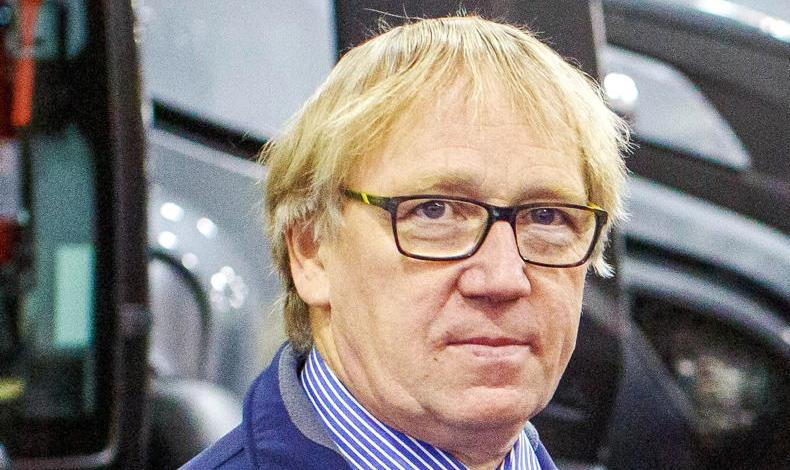
“Our members have invested €10m in big square balers over the last decade, with a similar value investment in round balers for straw that now will be chopped. Many of these balers will be effectively made redundant because of this proposed scheme. We estimate direct income losses in the region of €4m a year. We are calling for a compensatory scheme for contractors in the face of these losses. There is a precedent – when beet harvesting was lost, contractors were compensated. We need examination of straw and farmyard manure in the nutrient value chain, assessing the animal welfare and environmental benefits.”
Edmund Phelan, ICSA president
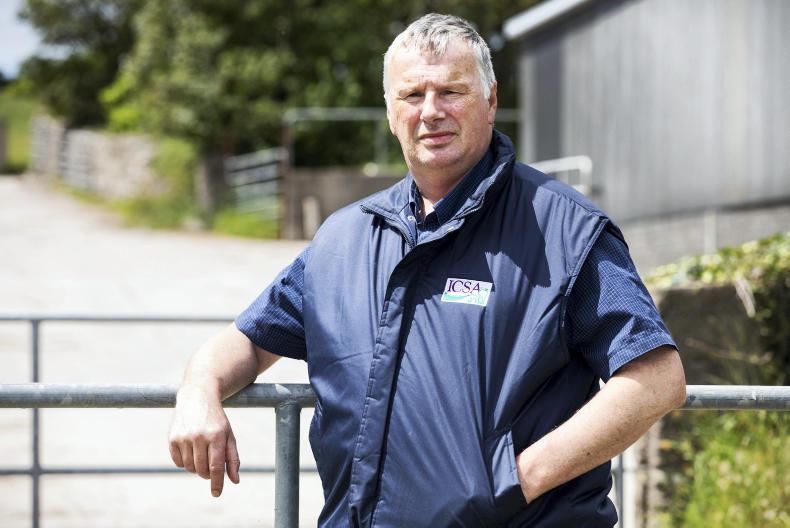
“Everything comes down to supply and demand – less straw will drive up the price. Some ICSA members in western counties with no local straw are very worried. The loss of peat as an alternative bedding adds to their concerns. If straw is plentiful, growers often get a poor price. This scheme is targeting organic matter and carbon sequestration, which is a good thing.
“My solution would be that tillage be incentivised so more cereal and protein crops are grown in Ireland, with mixed farming where the land and climate allows. On our own farm, we’re using only homegrown beet, grain and straw on farm this year, and I’m happy with the outcome.”





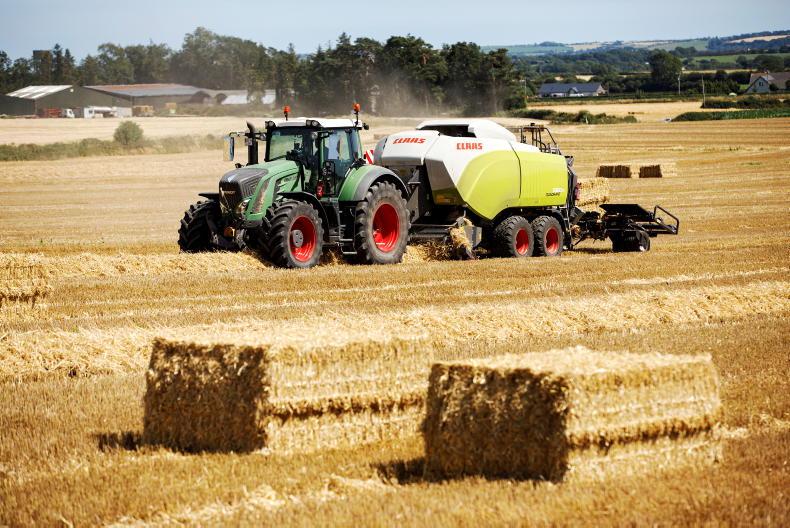
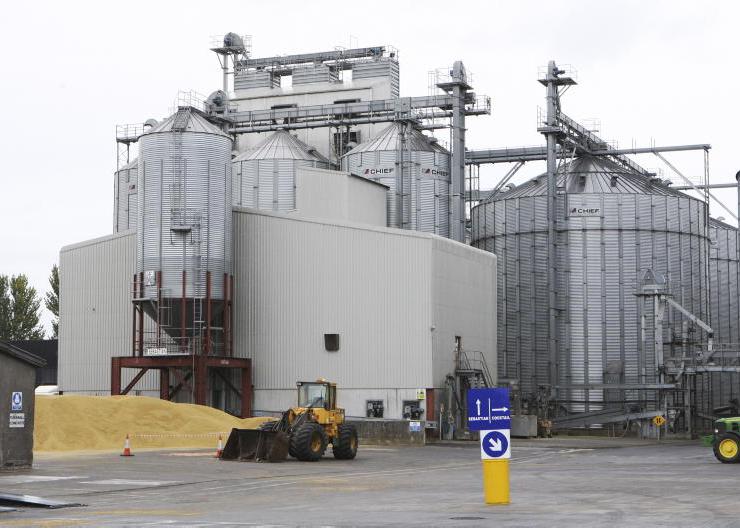
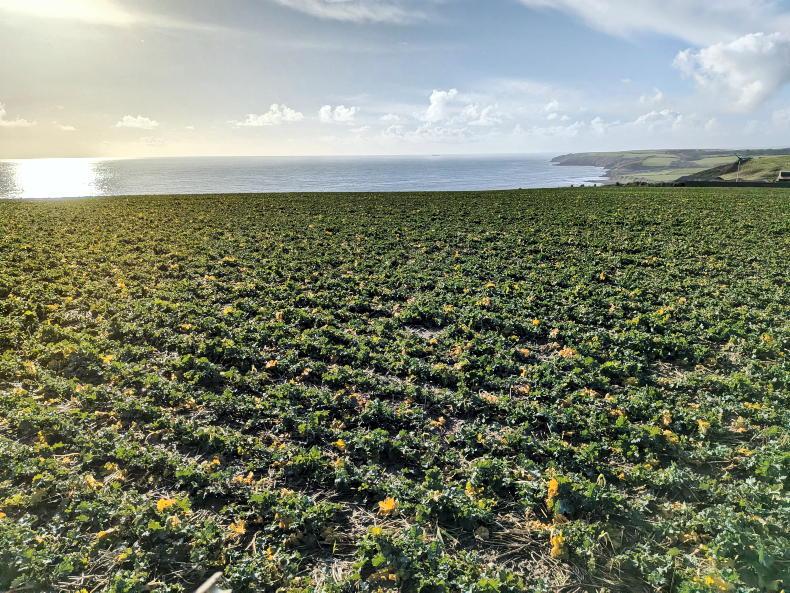
SHARING OPTIONS